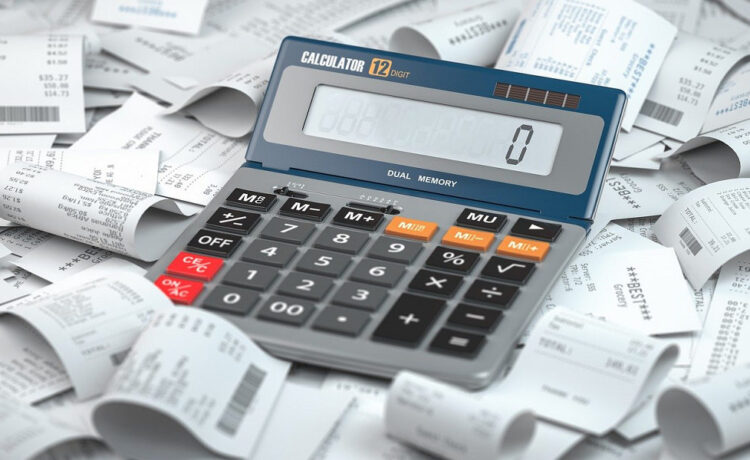A lot of individuals are using eChecks as a practical substitute for conventional paper checks in the digital age, where conducting business online has become commonplace. But security issues frequently come up. A thorough examination of the security elements supporting electronic checks is necessary to determine their safety. The first question that comes there is what is an echeck?
Safeguarding Private Information Using Encryption
Encryption is a top security feature for eCheck transactions. Bank account numbers and personal information are encrypted when you send an electronic check. The data is converted into a code in this way, rendering it unintelligible to anyone who could intercept it while it is being transmitted. Advanced encryption techniques like Secure Socket Layer (SSL) and Transport Layer Security (TLS) are used by the majority of eCheck providers to protect the data. By guaranteeing that only the designated receiver can access and view the data, this considerably lowers the possibility of data breaches.
Authentication: Confirming Personal Identity
Authentication plays a crucial role in eCheck security. Different techniques are used by payment processors to confirm the sender’s and recipient’s identities. A mechanism that requires users to provide two or more verification methods before a transaction is allowed is called multi-factor authentication (MFA). A password, a mobile device, or a member of the user’s identity (biometric verification) could all be examples of this. Increasing the number of authentication layers reduces the possibility of fraudulent transactions or illegal access.
Fraud Prevention: Transaction Monitoring

The eCheck procedure is not complete without fraud prevention measures. To identify suspicious activity, a lot of eCheck services use real-time monitoring systems. These systems examine the behaviors and patterns of transactions, highlighting any anomalous activity for additional examination. The parties involved will be notified if an abnormality is found, and the transaction may be temporarily stopped. By being proactive, fraudulent transactions are stopped before they have a chance to do damage.
Adherence to Regulations
eCheck providers are subject to a number of laws intended to safeguard customers in addition to technical safeguards. The Payment Card Industry Data Security Standard (PCI DSS) and the Electronic Funds Transfer Act (EFTA) are two important laws that control electronic payments. By establishing guidelines for data protection, these laws guarantee that customer information is handled safely. Users of eChecks benefit from an extra degree of assurance when these regulations are followed.
User Awareness: Ideal Methods
Despite the many security features that eCheck systems offer, user awareness is still essential to guaranteeing security. Customers are urged to consistently check their bank statements, create secure, one-of-a-kind passwords for their accounts, and report any unusual activity right away. One way to lessen the risks connected to eChecks is to teach users safe internet habits.
Conclusion
As a result of their numerous security features, such as authentication, encryption, and fraud prevention techniques, eChecks are a secure choice for online transactions. The extensive security measures of eChecks, along with user awareness, offer a dependable way to handle payments in the digital world, even though no system is completely infallible. eChecks provide convenience and security for both businesses and consumers as online transactions continue to grow.













